Your dedicated partner in logistics.
MOL Logistics overlooks every step of the logistics process. Serving global customers via 120 offices. Our commitment to a customer- oriented approach caters for businesses of all sizes, delivering personalized service, global efficiency and unparalleled quality. Trust us with your logistic needs, empowering you to dedicate your full attention to business growth.
3 reasons to trust MOL Logistics' expertise
Global network
Unrivaled global network, ensuring seamless transport solutions, agile connectivity & accelerated growth for your business.
Tailored solutions
Choose MOL Logistics for tailored solutions that perfectly fit every client’s needs, enhancing business efficiency & growth with their expert services.
Collective MOL power
Unparalleled operations & expertise for seamless shipping solutions, linking the globe. 120 global offices, 2000+ agents, 700+ vessels.
A custom solution for every request.
How can we help?
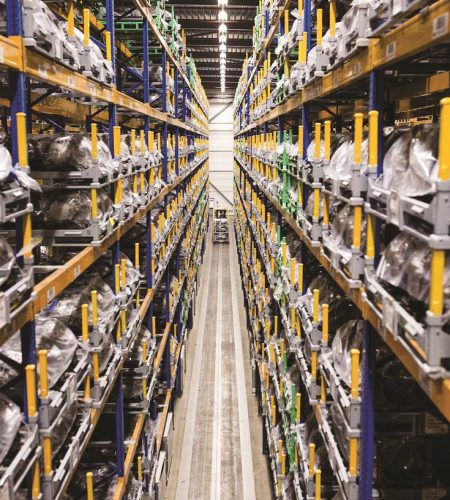
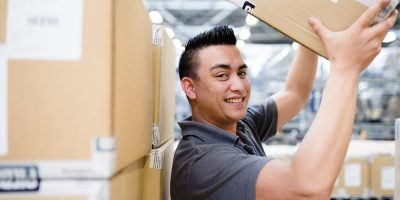
Logistics services
Discover the world of seamless logistics solutions with MOL Logistics, your trusted partner for all your shipping and transportation needs. Our comprehensive range of services ensures smooth sailing for your cargo, connecting you to every corner of the globe. Dive into our extensive portfolio of services, expertly designed to cater to businesses of all sizes and industries. Embark on a hassle-free journey with MOL Logistics, where efficiency and reliability meet and unlock a world of endless possibilities.
Industry solutions
Discover tailored logistics solutions for every industry with MOL Logistics! Our expertise spans across various sectors, offering customizable services and seamless compliance with customs regulations. Let us be your trusted partner in driving business success. Explore our diverse range of industry solutions and unlock a world of efficient, reliable logistics.
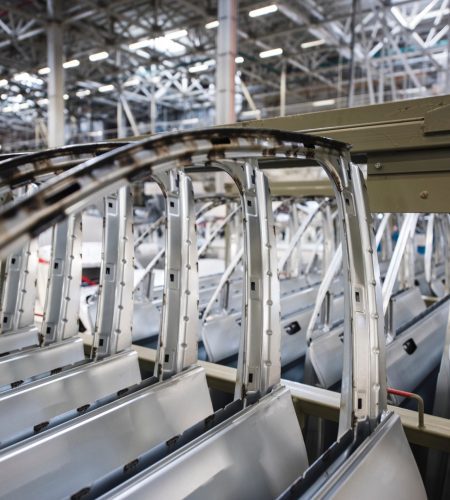

Company news
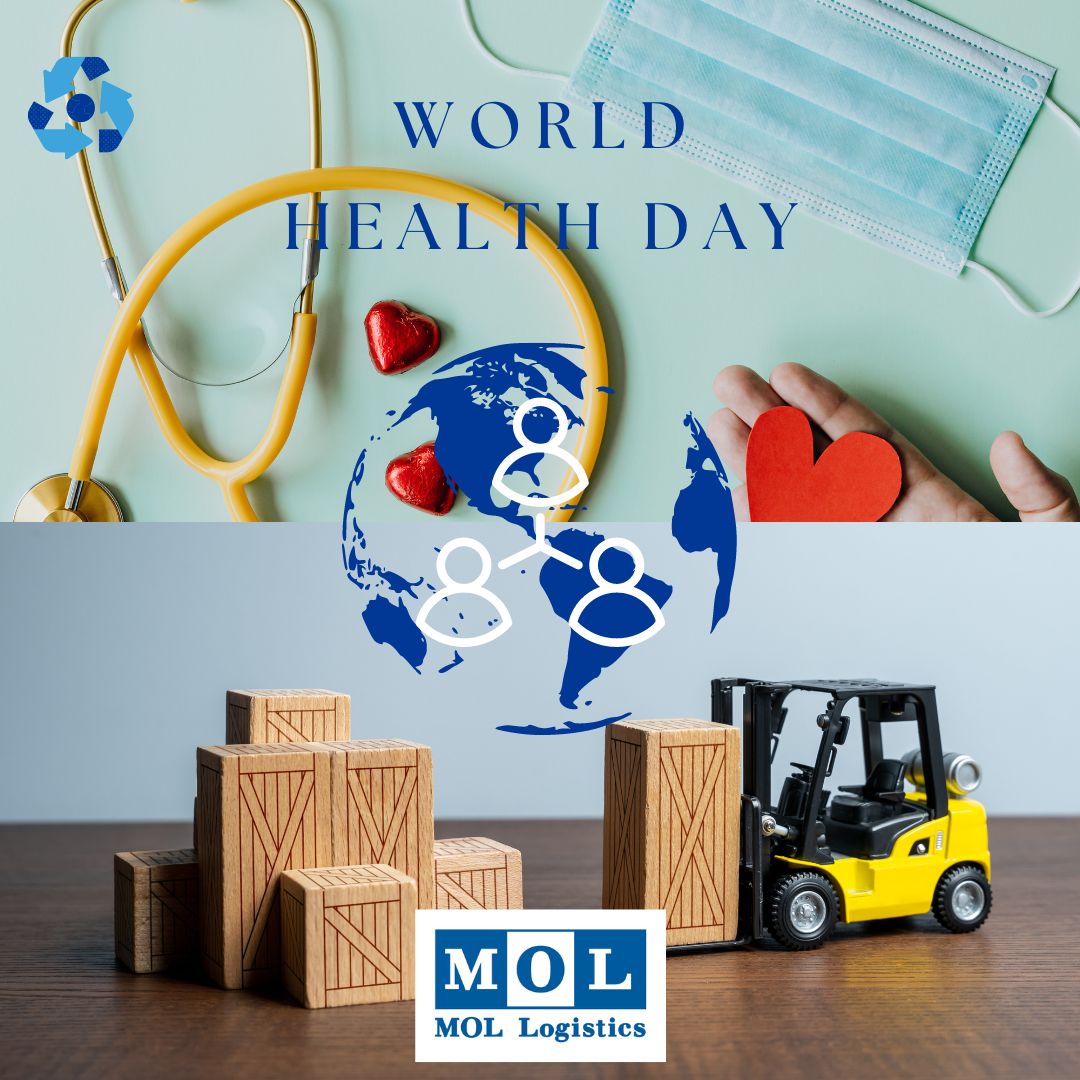
- United Kingdom
Delivering Health: Logistics Solutions for Medical Supplies on World Health Day
- 05/04/2024
- Healthcare, News, Warehousing
With World Health Day approaching on April 7th, the spotlight turns to the crucial need for efficient healthcare infrastructure and...
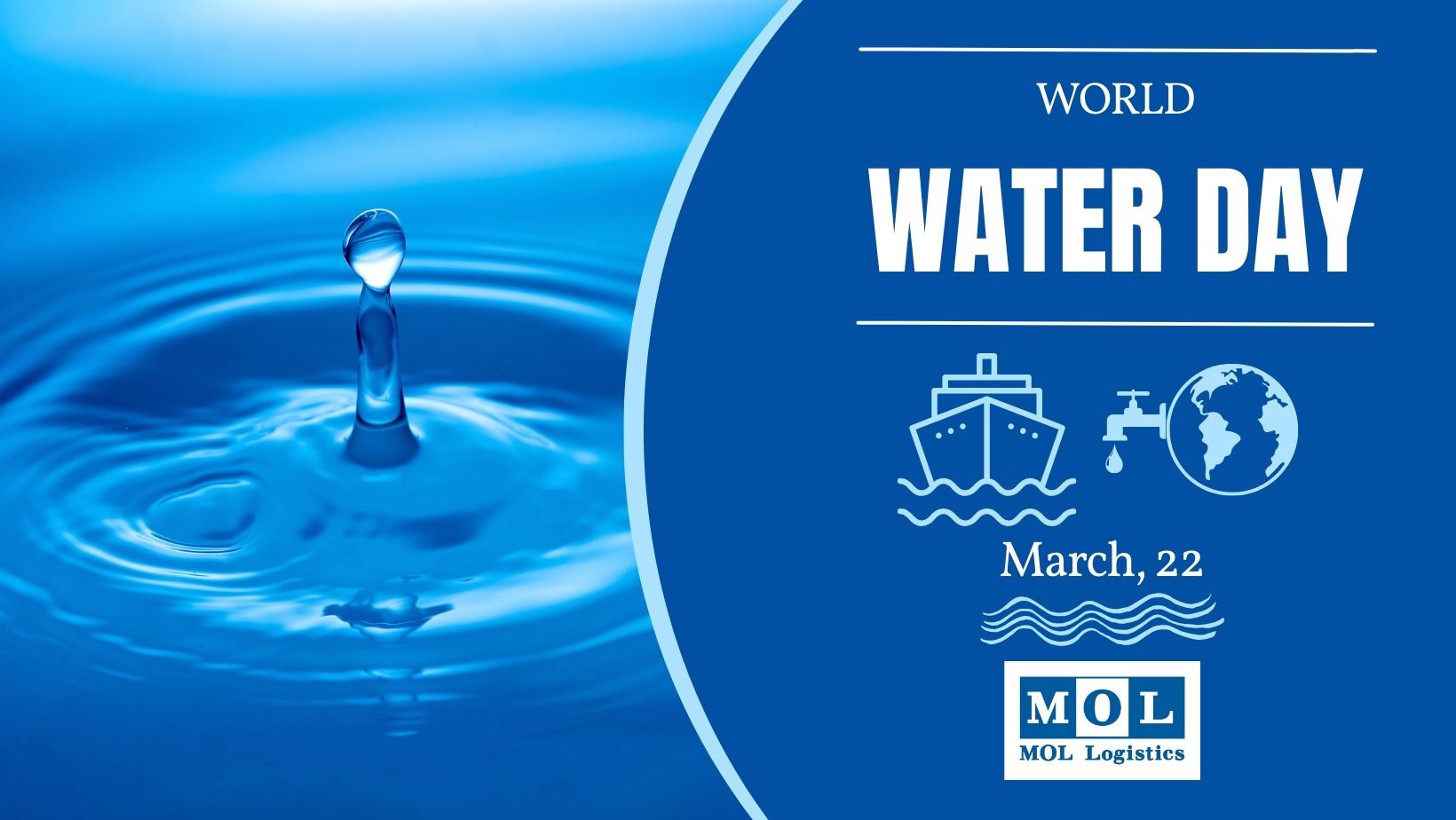
- United Kingdom
Harnessing the Power of Sustainable Ocean Freight: Celebrating World Water Day 2024 with Environmental Solutions
- 22/03/2024
- News, Seafreight
As we commemorate World Water Day, we reflect on the critical role that water plays in our lives and ecosystems....

- Poland
Meet Maciej Banaszek
- 19/03/2024
- Interview
Maciej is branch manager of MOL Logistics in Poland. We’d like to find out more about his background and look...
